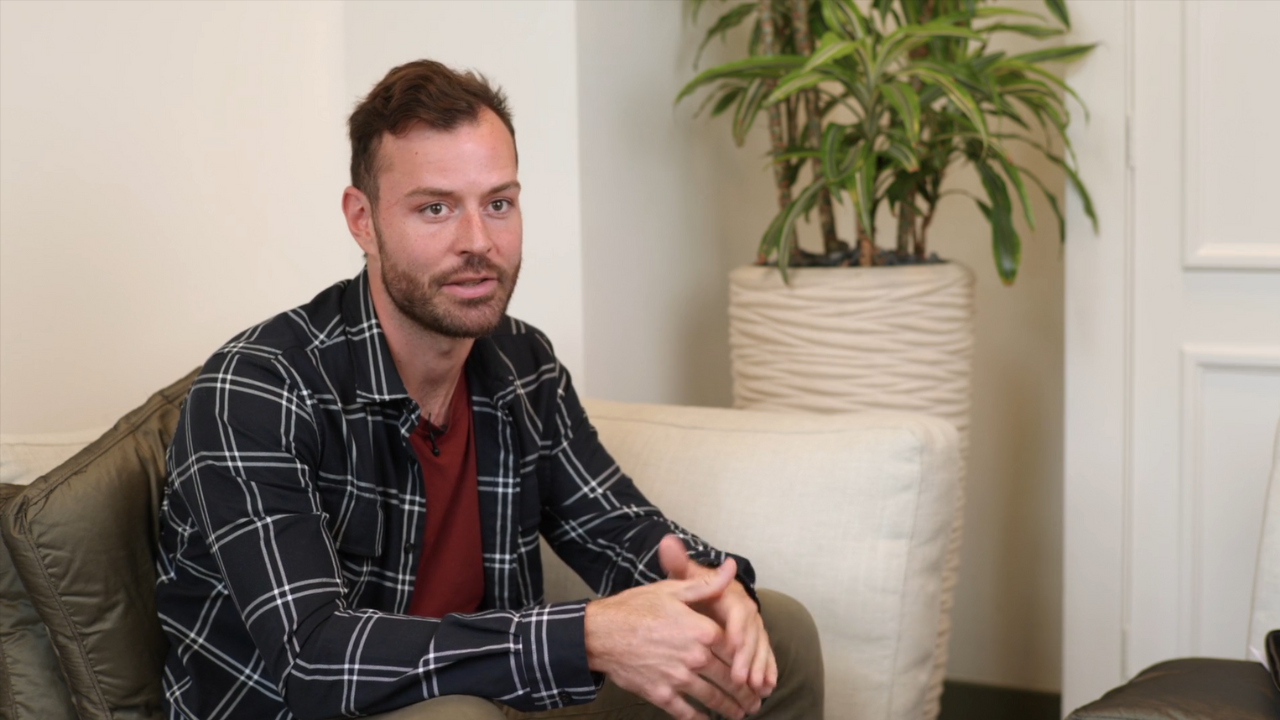Data Scientist: Wout
Are you wondering what it would be like to work as a Data Scientist at Julius Clinical? In this interview, you will meet our colleague Wout who tells you all about his job.
What does a typical working day look like for you?
My day is typically divided into programming work in R and Python, developing statistical analysis plans and a bit of business development. The majority of the day I work independently, but I also regularly collaborate with my colleagues from the Data Science team, colleagues from different departments or (potential) clients.
When I’m working on a statistical analysis plan for a certain study, this means that I for example need to think about the trial design, how physicians or clinical trial participants should enter this information, and which statistical analyses we will run. And after the data is collected., I will also perform the actual statistical analysis.
What is your favourite part of the job?
I like that I can both work on programming and doing project-management work, so I can combine both technical and commercial tasks. In addition, I think it’s great that at Julius Clinical we don’t only perform conventional RCTs, but we also work on developing completely new ways of collecting data, recruitment, analysing data, and other steps within a clinical trial. One of our future plans for example is to do EMR-based trials (trials based on information from Electronic Medical Records) in the near future and I feel that the management team really provides us with the right connections, tools and people to turn innovative ideas that can improve medical research into reality.
Why did you decide to join Julius Clinical?
One of the main reasons why I wanted to work for Julius Clinical, is that I’m very interested in working with medical data and wanted to work for a company that has a clear purpose and is determined to do good for society. I believe that if we data scientists do our jobs very well, then clinical trials will ultimately become less expensive and this could also lead to medicines becoming cheaper for patients.
How do you maintain a good work-life balance?
I feel that I am encouraged to follow my own schedule, and this makes it easy to combine my work life with my private life. And the fact that I work from home a lot and don’t have back-to-back meetings, helps a lot with that too. This, for instance, gives me the opportunity to start working at 7 AM, and take a long break during the day to play sports.
What skills have you found vital for your job?
As a data scientist, you need to be a good programmer and you need to know how to work with large amounts of data. In addition, knowledge of predictive modelling, artificial intelligence, machine learning and data visualisation are also important. Experience with cloud programming is a big plus, but this is something I am currently learning on the job.
Regarding soft skills, you must understand what the data are telling you and how you can communicate the impact of the analyses’ results effectively to other people. It helps if you are an analytical type of person and are enthusiastic about the things you do.
What do you think the future of the industry will look like?
I believe that in the future, clinical research will become a mixture of traditional clinical trial methods and new elements like Real-World Evidence, wearables and machine learning. In addition, I also think EMR-based trials will become more common. In EMR-based trials, a large part of creating the EDC System and data management plan are skipped and instead, you can query directly In the EPD / EMR / hospital information system in which they collect patient data. This could make clinical trials much less expensive.
We would like to thank Wout for taking the time to give us a glimpse into the role of Data Scientist at Julius Clinical. Do you want to know more? Or do you have a question for Wout? Don’t hesitate and get in touch!

